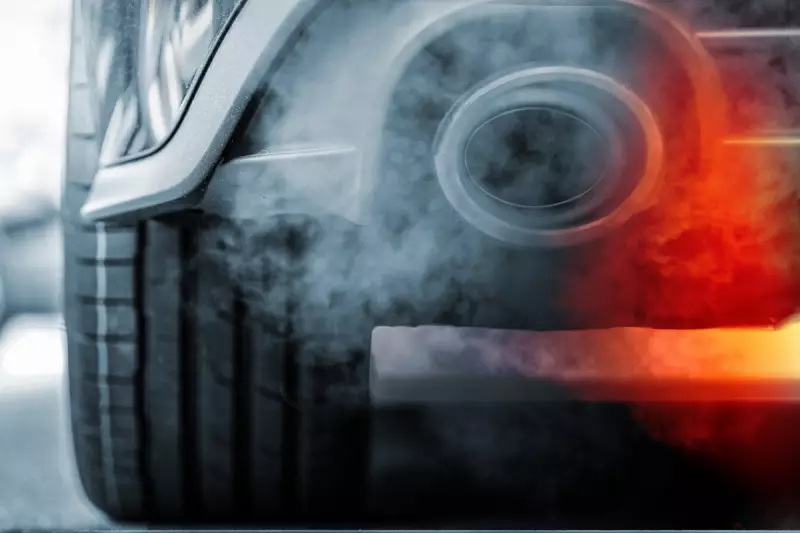
Millions of British drivers who purchased diesel vehicles between 2009 and 2020 could be in line for substantial compensation payouts following the landmark "Dieselgate" emissions scandal.
The Hidden Deception in Your Driveway
For years, vehicle manufacturers installed sophisticated "defeat devices" in diesel cars that deliberately misled regulators and consumers about true emission levels. These systems could detect when cars were being tested and artificially reduce emissions to meet legal standards, while emitting up to 40 times more nitrogen oxides in real-world driving conditions.
Who Qualifies for Compensation?
If you purchased or leased any of the following affected vehicles, you may be eligible to join collective legal actions:
- Volkswagen Group vehicles (Audi, Seat, Skoda, Volkswagen)
- Mercedes-Benz diesel models
- Vauxhall and Peugeot diesel cars
- Renault and Nissan diesel vehicles
- BMW and Mini diesel models
The claims period covers vehicles registered between 2009 and 2020, potentially affecting nearly every major diesel car manufacturer operating in the UK market.
Potential Payouts Could Reach Thousands
While exact compensation amounts vary depending on the vehicle and circumstances, legal experts suggest successful claimants could receive between 25% and 75% of their vehicle's original purchase price. For many motorists, this translates to compensation ranging from £3,000 to over £10,000 per vehicle.
How to Join the Legal Action
Thousands of British drivers have already registered with specialist law firms handling collective actions. The process typically involves:
- Checking your vehicle's eligibility through online claim checkers
- Registering with a no-win, no-fee legal firm
- Providing basic vehicle and ownership documentation
- Waiting for court proceedings to determine liability and compensation levels
Most claims operate on a no-win, no-fee basis, meaning drivers face minimal financial risk when joining the legal action.
The Environmental and Health Impact
Beyond financial compensation, the scandal highlights significant public health concerns. The excess nitrogen oxide emissions have been linked to respiratory problems, particularly affecting children, the elderly, and those with pre-existing health conditions in urban areas.
Legal experts describe this as "one of the largest consumer actions in UK legal history", with potentially billions in compensation awaiting British motorists who were misled about their vehicle's environmental impact.





